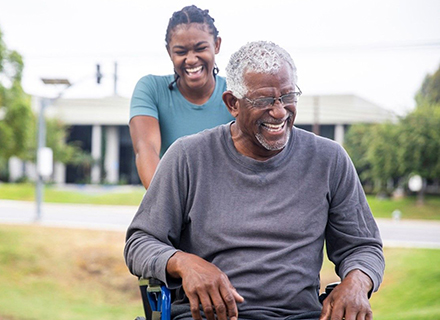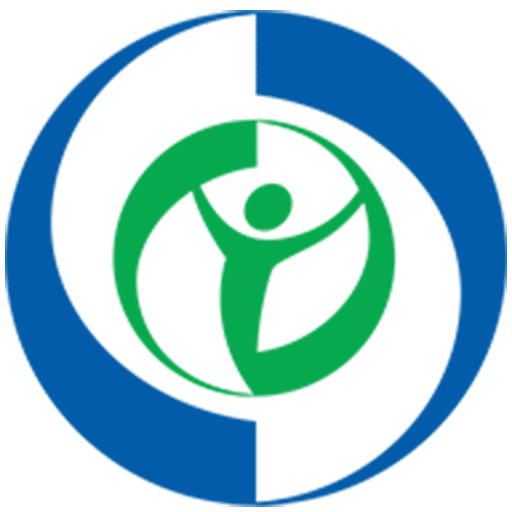Health Equity → Health Equity and the National DPP
Health Equity and the National DPP
CDC defines health equity as the state in which everyone has a fair and just opportunity to attain their highest level of health, which is often influenced by socially determined factors of health and the accompanying social needs. The purpose of these pages is to focus specifically on health equity in the context of the National Diabetes Prevention Program (National DPP) lifestyle change program: how promoting health equity can support the impact of the program, and how the program itself can be used as a tool and a model to promote health equity.
Understanding what is meant by health equity and related terms is critical to its promotion. Finding consensus around definitions can bridge differences and promote productive dialogue around important issues. This page will define health equity, health disparities, social determinants of health (SDOH), and health-related social needs (HRSN).
Research shows consistent and significant disparities in diabetes outcomes across populations. Many studies have shown that largely due to SDOH and HRSN diabetes impacts racial and ethnic minority and low-income adult populations disproportionately as evidenced by a higher risk of type 2 diabetes and higher rates of diabetes related complications and mortality. This page summarizes how SDOH and HRSN relate to prediabetes and type 2 diabetes.
The National DPP lifestyle change program is uniquely positioned to consider the implications of SDOH and address associated HRSN among program participants. This page will discuss how the National DPP lifestyle change program teaches valuable skills that address HRSN, as well as opportunities to address HRSN to support participants’ success in the National DPP lifestyle change program.
CDC defines health equity as the state in which everyone has a fair and just opportunity to attain their highest level of health, which is influenced by SDOH and HRSN. This page will discuss how addressing HRSN through program supports, policy, and contracting levers can support retention and participant outcomes in the National DPP lifestyle change program.
While the National DPP lifestyle change program focuses on skills that help to address HRSN, the program can also be connected to larger initiatives that are centered on health equity. This page will describe opportunities to connect the National DPP lifestyle change program to state or national initiatives, addressing health equity through cross-sector partnerships, and HRSN screening tools.











